Menu
Healthy and well-cared-for trees can be a valuable asset to your property, enhancing its beauty and value. However, the natural world can sometimes be unpredictable, and when a tree or large branch falls, it can cause damage, personal injury, or create an unwanted mess. In such situations, understanding who is responsible, including the cost of addressing the issue and potential liabilities, is essential. Driscoll Tree Service is a reputable tree care company ready to help you navigate the complexities of tree ownership, liability, and responsibility for fallen trees. Our certified arborists can shed light on whether you or your neighbor should take action.
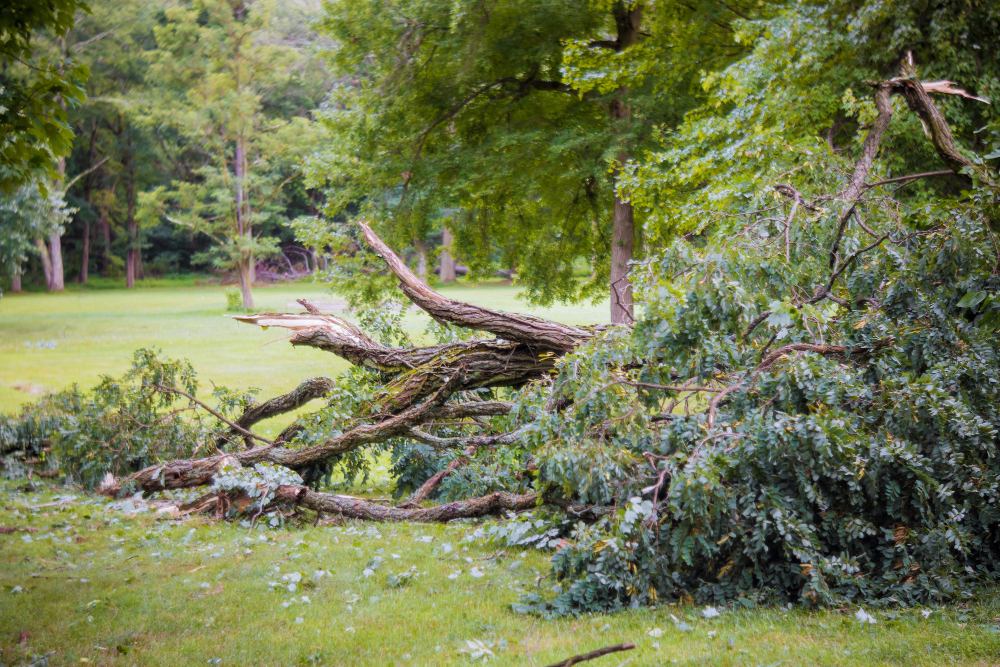
Identifying its owner is crucial to determining responsibility for a fallen tree. The tree’s owner is the person on whose property the tree trunk is located, regardless of whether branches or roots extend onto neighboring properties. This is usually the case for most jurisdictions, and it’s fundamental in assessing responsibility for tree removal.
When a tree on your property falls because of natural causes, such as a storm or strong winds, cover the cost of its removal and any resulting property damage. This responsibility extends to the cleanup and repairs required following such incidents. Homeowners’ insurance may cover some of these costs, so it’s wise to consult your insurance policy or a professional tree care company to understand the extent of your coverage.
Suppose a tree on your property falls and causes damage to your neighbor’s property. In that case, your neighbor’s insurance will cover the damage, and your insurance will only come into play if your neighbor’s coverage is insufficient. Tree removal can be costly, so ensure you understand the various insurance policies before deciding.
Liability for fallen trees can vary, as it is determined by the circumstances of the incident. Here are some scenarios to consider:
If a tree falls because of natural causes, such as a storm, and damages or injures someone on your property, it is considered an “act of God.” In such cases, your insurance policy covers the damage or injuries, giving you a financial reprieve. You don’t have to worry about tree service costs and other repairs.
You may be held liable if you were negligent in maintaining your tree, causing damages or injuries. Negligence can include failing to schedule regular inspections and maintenance with a professional tree service, knowing it posed a danger, or ignoring warning signs of instability.
If a tree on your neighbor’s property falls onto your property and causes damage, your neighbor is typically responsible for the damage and the removal cost. However, if you had previously informed your neighbors of the tree’s dangerous condition and failed to take action, they may be liable for negligence.
Regarding trees and property ownership, understanding responsibility for fallen trees is crucial. Usually, the tree owner addresses the problem, including removal and associated costs. Open communication with your neighbors about potential tree hazards is always a wise approach to maintaining good neighborly relations and ensuring safety. Contact us at the Driscoll Tree Service and schedule a consultation with our arborists. We provide quality services and work with your insurance provider to reduce the financial burden.

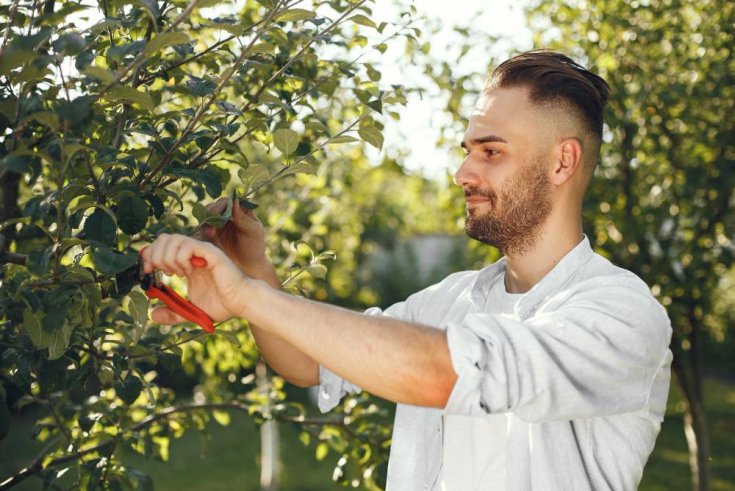
Common Mistakes to Avoid When Trimming Fruit Trees Trimming is one of the best things you can do for your fruit trees—but only if you do it correctly. At first glance, this task may seem like an easy task, but…
Read More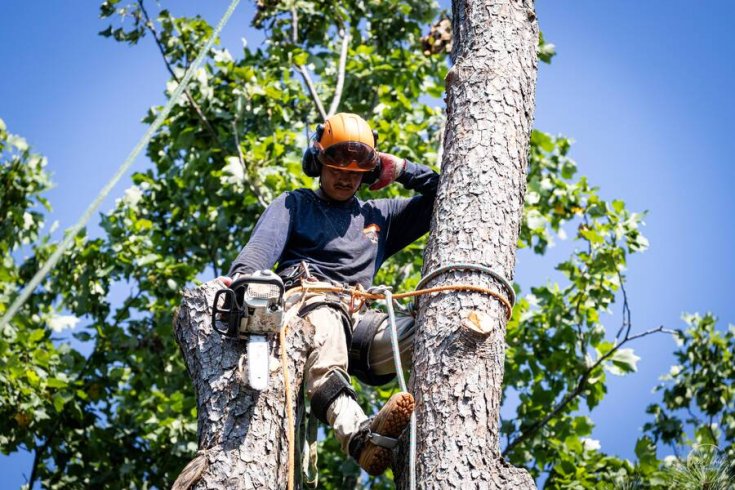
Common Mistakes to Avoid When Trimming Trees and Bushes Trees and bushes are more than just “greenery” - they’re living features that shape the personality, health, and curb appeal of your lot. Regular trimming keeps them healthy, well-shaped, and safe.…
Read More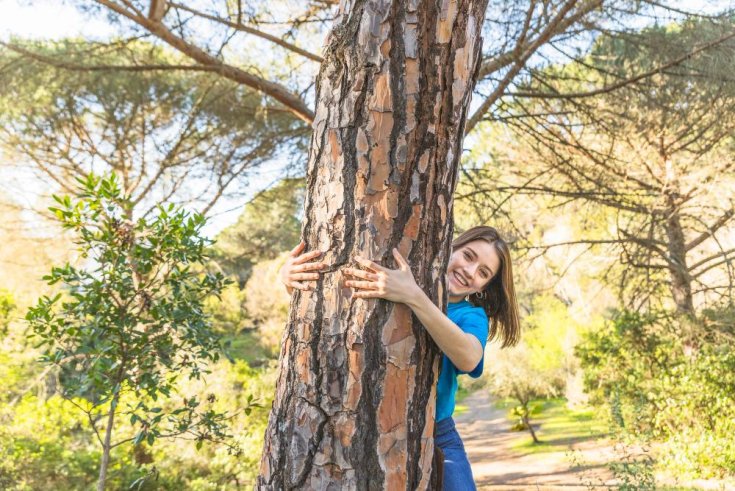
Why Topping is Harmful for Trees Tree topping is often regarded as a controversial practice in arboriculture. This haphazard tree trimming exercise often causes severe disfigurement, compromising the overall aesthetics of your landscape. While tree topping offers a quick solution…
Read More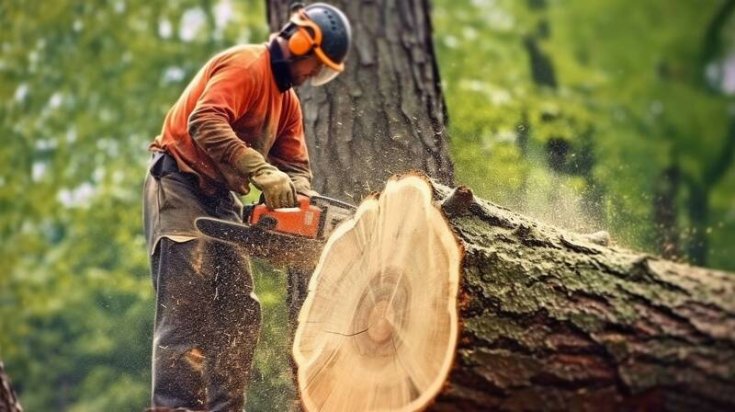
Should You Remove a Tree Close to Your House? Pros, Cons, and Safe Options Trees are more than just pretty landscape features. They also provide shade that can reduce energy costs, improve air quality, and, in some cases, even “magically”…
Read More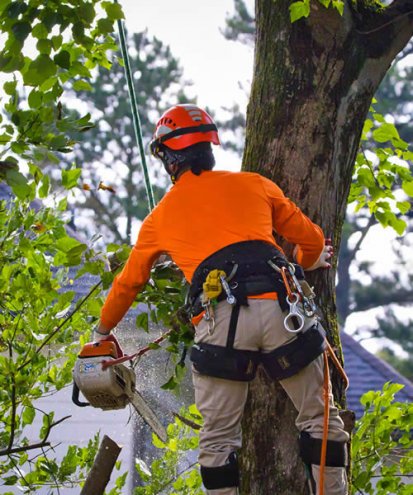
How Bad Pruning Can Damage Your Trees Pruning trees is essential for enhancing your property’s aesthetics and promoting tree health and longevity. When done correctly, pruning can rejuvenate a tree’s growth and improve its appearance. However, bad pruning practices can…
Read More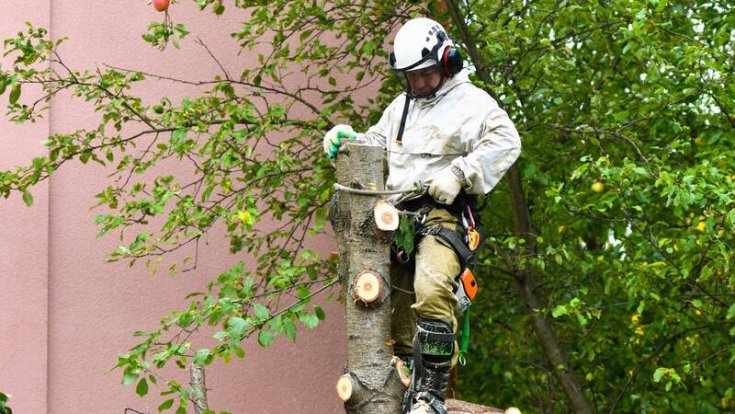
How Tree Companies Balance Safety and Environmental Responsibility When people hear the words “tree service,” they often think it’s all about cutting branches or whole trees down. On the flip side, some folks imagine environmental responsibility to be leaving trees…
Read More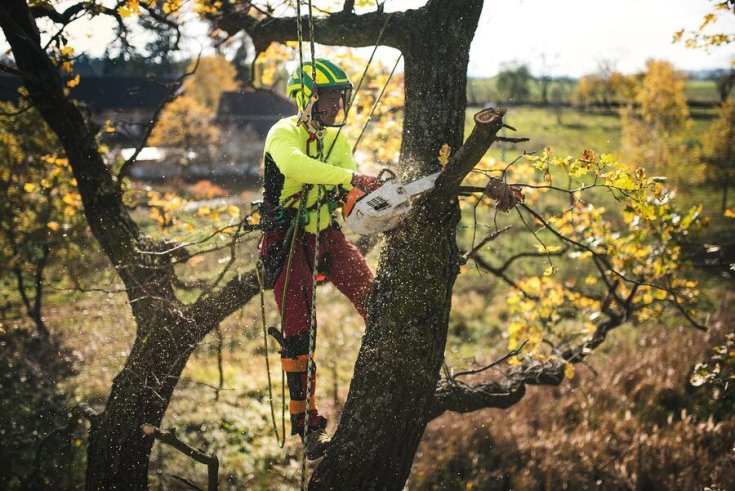
What Exactly Is an Arborist Report? Trees are a valuable addition to our environment, providing oxygen, curb appeal, shade, and a habitat for various species. However, when it is time for tree removal, especially protected ones, there are legal and…
Read More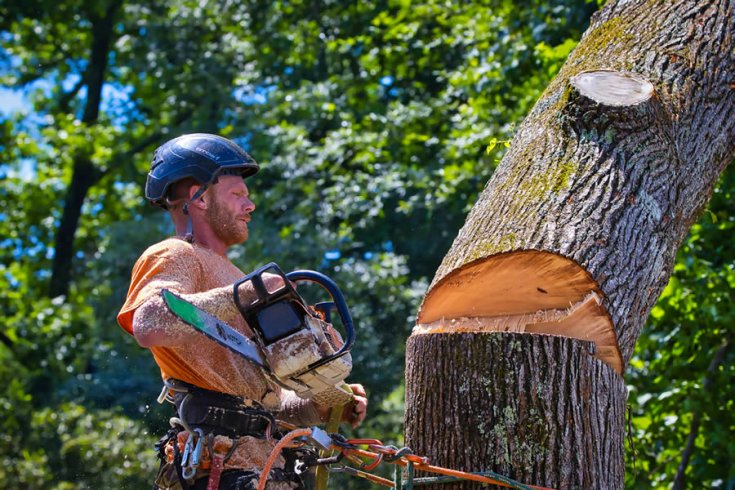
4 Situations That Require a Tree Removal Service Trees are a valuable addition to any landscape and play a vital role in the ecosystem. There are many benefits we get from trees, such as shade, curb appeal, and comfort, among…
Read More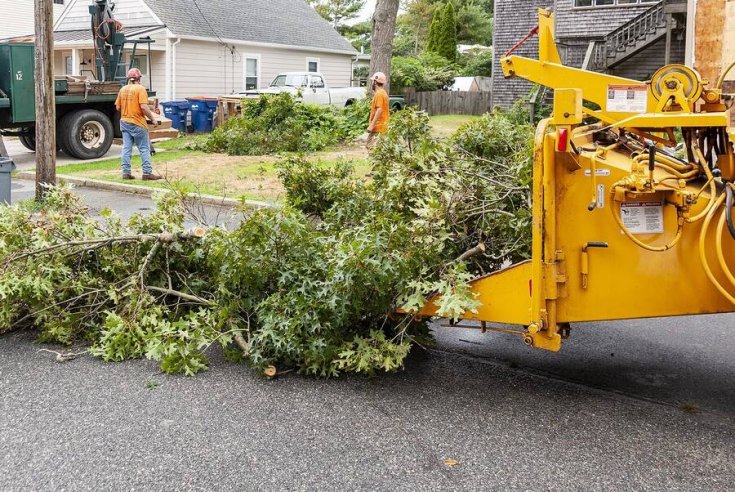
Guide to Tree Removal Insurance When a tree falls in the forest, it is nobody’s problem. However, the repercussions can be dire if a tree falls on your property. Storms and strong winds often cause tree-related damage, especially if the…
Read More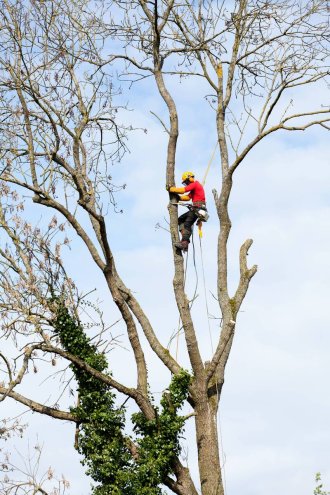
Fall Lawn and Landscape Care Tips As the vibrant colors of summer fade and fall begin to take over, it's essential to focus on lawn and landscape care. Fall is crucial for yard care as you prepare for the colder…
Read More